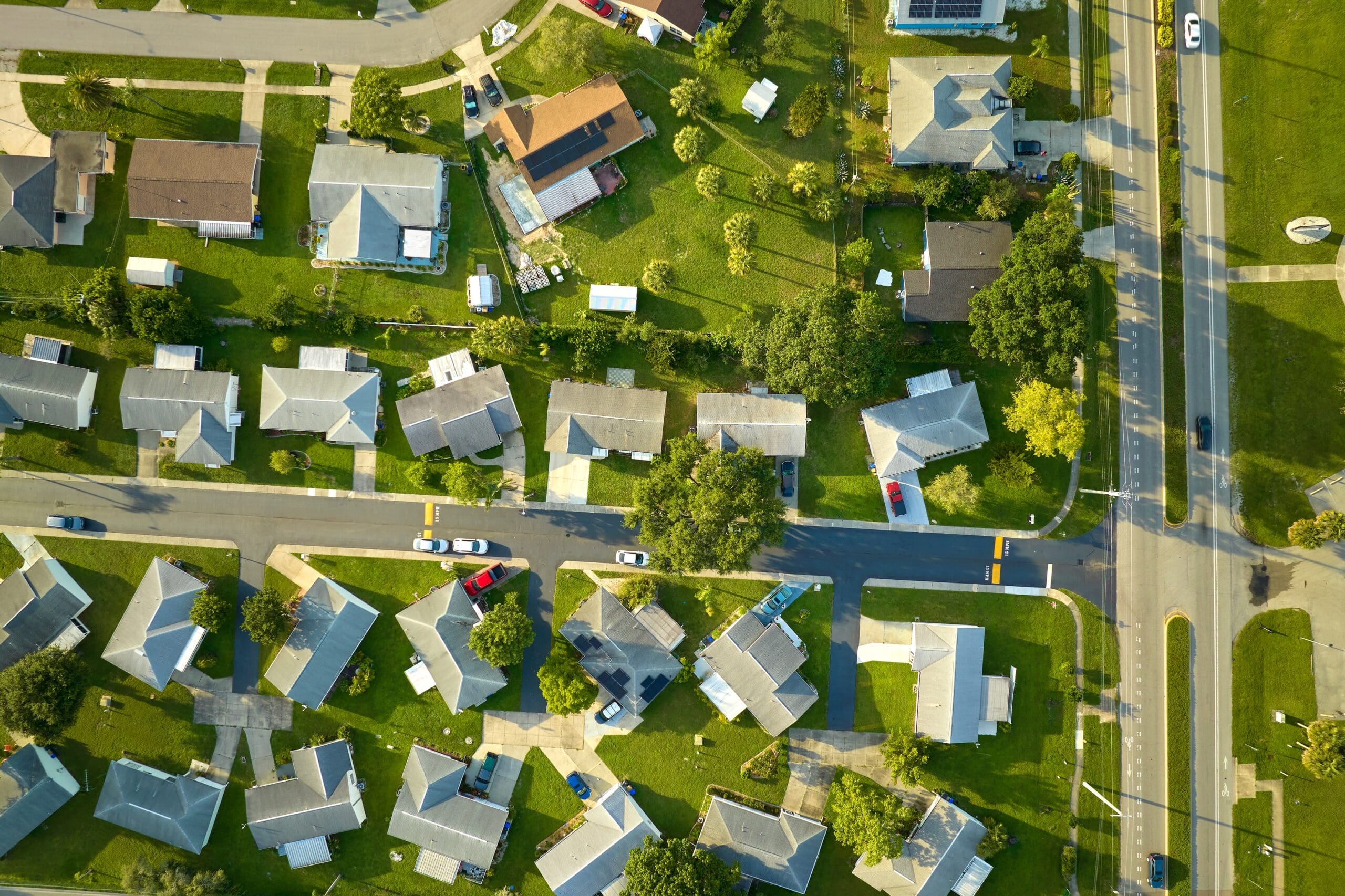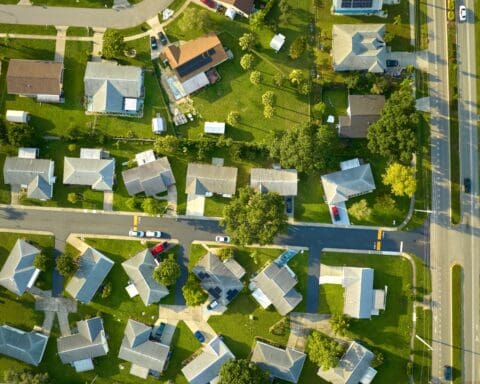Government housing grants not only provide individuals and families with access to safe and affordable housing but also have a significant impact on communities as a whole. In this article, we’ll explore the far-reaching effects of these grants on local neighborhoods, economies, and social well-being.
1. Improved Housing Conditions: One of the most direct impacts of government housing grants is the improvement of housing conditions within communities. Grants that support home rehabilitation and repair projects help homeowners maintain and upgrade their properties, leading to better living conditions for residents. This, in turn, enhances the overall appearance and quality of neighborhoods.
2. Reduced Homelessness: Rental assistance programs and homelessness prevention grants play a crucial role in reducing homelessness rates in communities. By providing financial support to individuals and families at risk of losing their homes, these grants help maintain housing stability and prevent people from becoming homeless.
3. Economic Stimulus: Government housing grants often result in a boost to the local economy. When individuals receive assistance to purchase homes, renovate properties, or pay rent, it stimulates economic activity in the housing sector. This includes job creation in construction and real estate industries, increased property values, and higher property tax revenue for local governments.
4. Social Cohesion: Access to stable and affordable housing is closely linked to improved social well-being. Communities with lower rates of homelessness and improved housing conditions tend to experience reduced crime rates, better educational outcomes, and stronger social cohesion. Residents of these communities often report higher levels of satisfaction and a sense of belonging.
5. Health Benefits: Living in safe and stable housing has a positive impact on physical and mental health. Government housing grants that support affordable housing options contribute to healthier communities by reducing stressors related to housing insecurity and inadequate living conditions.
6. Neighborhood Revitalization: Through initiatives like community development grants, government agencies can support neighborhood revitalization efforts. These grants fund projects that aim to transform distressed neighborhoods into vibrant, livable areas with improved infrastructure, public spaces, and amenities.
In conclusion, government housing grants are not just financial assistance programs; they are catalysts for positive change in communities. They address housing inequality, reduce homelessness, stimulate local economies, and foster social well-being. The impact of these grants extends far beyond the individuals and families they directly benefit, making them a vital tool in building stronger and more resilient communities.



